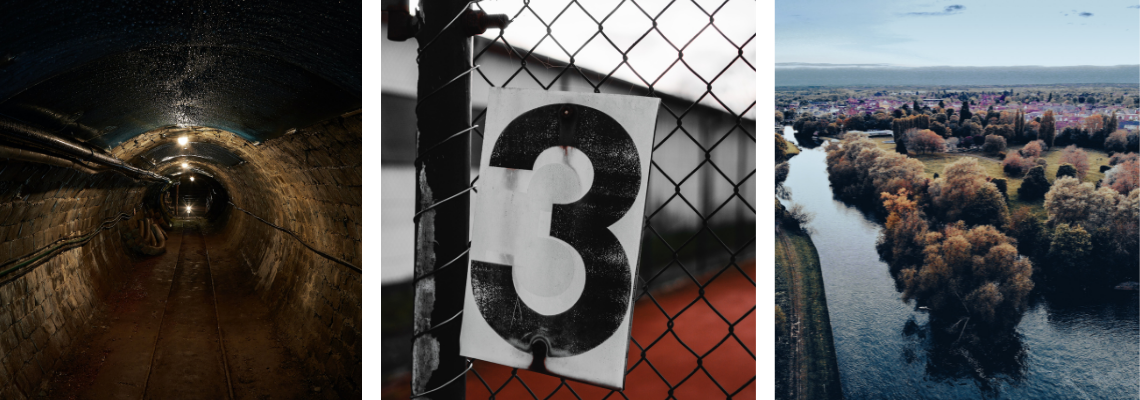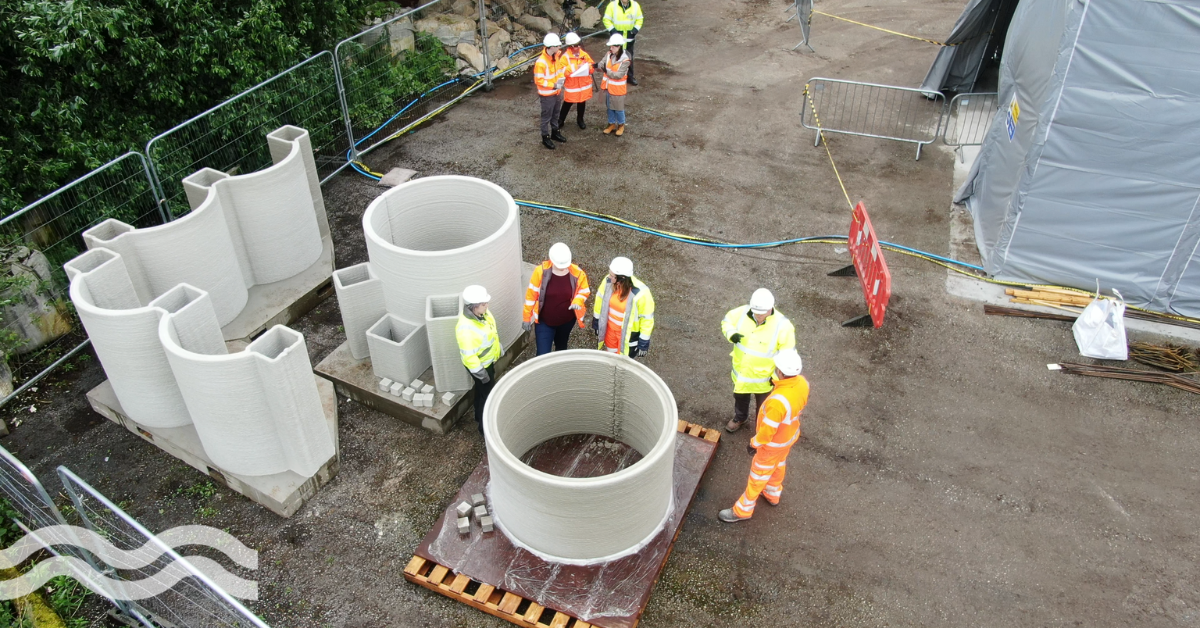Addressing the UK’s stormwater woes: 3 recommendations from CIWEM
A CIWEM report provides potential solutions on the UK’s storm water overflow challenge. Aquatech Online looks at three actionable solutions and the pros and cons.
Three recommendations for utilities
Water utilities in the UK have been under immense scrutiny in the two years flowing reports of illegal sewage dumping in waterways.
A damning parliamentary report revealed that all rivers in the UK are polluted to some degree.
Industry body The Chartered Institution of Water and Environmental Management (CIWEM) released a report looking at a systematic approach to maximising improvements for river quality and storm overflows.
Providing a holistic view of the current situation regarding storm overflows and river quality, it cites multiple factors contributing towards the sewer dumping. This includes urban expansion, climate change, existing water company infrastructure, sewer blockages and the growing pressure on combined sewers.
Three actionable solutions were recommended, each with listed pros and cons:
Sustainable drainage systems (SuDS)
Sustainable drainage mimics natural processes and reduces flooding by managing rainfall close to its source and wherever possible at, or near the surface. By building in permeable paving, channels, green roofs, swales, soakaways or ponds, SuDS can slow, store and treat water that could cause damage.
Pros: Treating and improving highway runoff water quality, reducing local surface water flood risk, providing habitat for nature, reducing the impacts of heatwaves in urban areas, and improving air quality and enhancing amenity value of their location.
Cons: Need to be retrofitted into streets, public open spaces and private properties by water companies and highway authorities to prevent surface water drainage to combined sewer networks.
Active system management (ASM)
A combination of monitoring current and recent sewer conditions, forecasting rainfall and proactive manipulation of pumps, storm tanks, weirs and control gates within the sewer network can help to maximise the available capacity to store water before a storm overflow spills. It can also help to maintain self-cleansing flows in sewers during normal operating conditions.
Pros: Increased modelling, machine learning and AI will enable the creation of digital twins to understand the impacts of different forecasts and inform the best management of the sewer system.Cons: Relies on utilising the existing capacity of the network, rather than creating new storage which could present challenges depending on the existing network.
New engineered storage
Tried and tested, but for a good reason. This approach of building storage tanks that temporarily hold back water to prevent flooding and releasing it gradually once a storm has eased.
Pros: We know it works.
Cons: Can involve disruption associated with construction, ongoing energy and carbon costs associated with pumping, does not deliver any of the wider benefits of SuDS storage, and is much harder to adapt and expand in future than surface-based systems.
A short history
The UK has hundreds of thousands of miles of sewers with many of them being combined to collect foul sewage from homes and businesses, plus also collecting rainwater runoff.
To prevent sewage from backing up into homes, these combined networks are fitted with storm overflows to dilute raw sewage before discharging it into receiving waterways.
Treatment plants also have overflows to prevent them from being overrun with raw sewage during periods of heavy rainfall.
In 2021, the Environment Agency (EA) and Ofwat launched a major investigation into sewage treatment works. This followed new inspections that led to water companies admitting that they could be releasing unpermitted sewage discharges into rivers and watercourses.
“Customers pay water companies to treat wastewater and protect and enhance rivers and wildlife,” said Jonson Cox, chair of Ofwat at the time.
“The public will be extremely disappointed if these reports are confirmed. Ofwat takes any reports of water companies breaking the law very seriously,"
Underlying issues
A headline case in 2021 saw utility Southern Water fined a record £90 million for dumping billions of litres of raw sewage into the sea. The company admitted to 6,971 illegal spills from 17 sites in Hampshire, Kent and West Sussex between 2010 and 2015.
While water utilities own and manage sewage and storm overflow systems, they have limited control over the factors that have led to an increased inflow of sewage and rainwater in these combined networks: namely increased stormwater from climate change and wastewater from population growth.
Government bodies, regulators and non-government organisations also must also take a share of the responsibility, according to the report.
Stakeholders need to be aware and collaborate with organisations such as local flood authorities, highways agencies and local planning authorities due to their roles in flood risk management and the development of roads and buildings.
Turning the tide of public opinion
Environment charities such as Surfers Against Sewage have become extremely vocal on the matter.
In April 2022, the charity joined forces with other clean water campaign groups and staged a protest against all 12 UK water companies.
"Millions of hours of sewage are routinely dumped into the blue arteries of the country.”
It came after the EA released data revealing that in 2021, water companies discharged raw sewage into UK rivers 372,533 times, for a combined total of more than 2.7 million hours.
Hugo Tagholm, CEO of campaign group Surfers Against Sewage, said: "Millions of hours of sewage are routinely dumped into the blue arteries of the country – our rivers - destroying these crucial ecosystems that sustain us.
“It seems the water industry believes our rivers and coastline are a place to pollute when they want to maximise shareholder returns and executive pay. After all, who has been holding them to account until now?"
Storm Overflows Taskforce
Back in 2020, the UK government established a Storm Overflows Taskforce to consider what might be done to tackle the problem.
In addition to this, the government sets out its strategic priorities to Ofwat every five years, covering where it wants to see the regulator prioritise water and sewage companies' investment.
At the start of 2022, the government provided a clear statement: “We expect companies to significantly reduce the frequency and volume of sewage discharges from storm overflow, so they operate infrequently.”
The Water Industry Natural Environment Programme (WINEP) will be the main force that will check water utilities' progress.
With a budget of £5.2 billion to spend between 2020 - 2025 to carry out a programme of monitoring, investigations, infrastructure improvements and catchment measures, it will be interesting to see what changes utilities will take.
- For the full report from CIWEM, click here.
Related content
- Sewage and slurry: what happened to England’s rivers? (Q&A analysis)
- Lila Thomspon: now is the time to create healthier rivers
- Addressing the CSO challenge to water quality
Loading component...
We promise never to send you spam and you can unsubscribe at any time!


.jpg?h=628&iar=0&w=1200)
